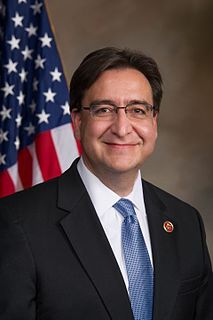A Quote by Janet Mock
Our differences are what make us great. Let us think about how we can extend this appreciation to people of color, undocumented immigrants, and other members of the community.
Related Quotes
I think we can topple the patriarchy by using our voices to speak out against things that aren't right and that we don't agree with. I think for people who are not people of color or members of the LGBT community, it is being an ally and being an advocate in spaces that people of color or members of the LGBT community can't really get into.
My aim is to advocate that we make this mental switch in respect of our attitudes and practices towards a very large group of beings: members of species other than our own - or, as we popularly though misleadingly call them, animals. In other words, I am urging that we extend to other species the basic principle of equality that most of us recognize should be extended to all members of our own species.
Dominator culture has tried to keep us all afraid, to make us choose safety instead of risk, sameness instead of diversity. Moving through that fear, finding out what connects us, revelling in our differences; this is the process that brings us closer, that gives us a world of shared values, of meaningful community.
Cannot swords be turned to plowshares? Can we and all nations not live in peace? In our obsession with antagonisms of the moment, we often forget how much unites all the members of humanity. Perhaps we need some outside, universal threat to make us recognize this common bond. I occasionally think how quickly our differences worldwide would vanish if we were facing an alien threat from outside this world. And yet, I ask you, is not an alien force already among us? What could be more alien to the universal aspirations of our peoples than war and the threat of war?
Let us not be blind to our differences-but let us also direct attention to our common interests and to the means by which those differences can be resolved. And if we cannot end our differences, at least we can help make the world safe for diversity. For, in the final analysis, our most common link is that we all inhabit this small planet. We all breathe the same air. We all cherish our children's future. And we are all mortal.
At every stage of life, our inner self requires the nurturance of loving people attuned to our feelings and responsive to our needs who can foster our inner resources of personal power, lovability, and serenity. Those who love us understand us and are available to us with an attention, appreciation, acceptance, and affection we can feel. They make room for us to be who we are.
Wounding and healing are not opposites. They're part of the same thing. It is our wounds that enable us to be compassionate with the wounds of others. It is our limitations that make us kind to the limitations of other people. It is our loneliness that helps us to to find other people or to even know they're alone with an illness. I think I have served people perfectly with parts of myself I used to be ashamed of.






































